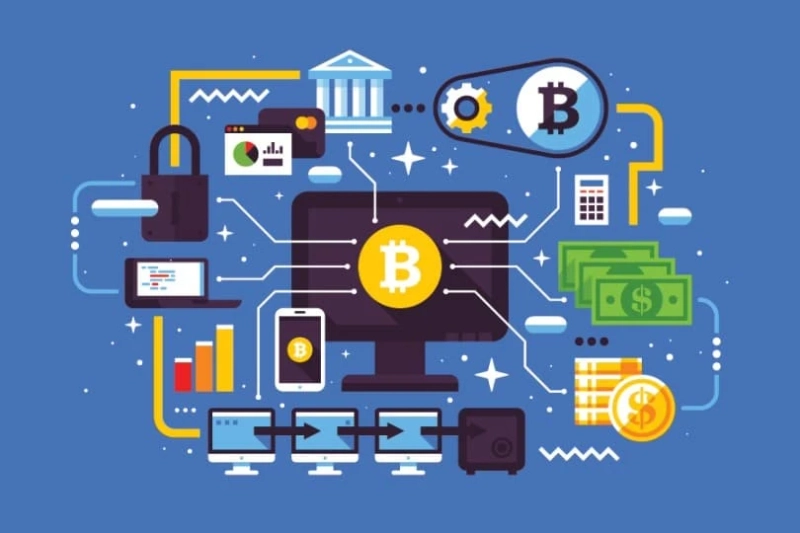How to Become a Blockchain Expert and the Skills You Need
From smart contracts to real-world applications, explore the skills needed to become a recognized blockchain expert.


From smart contracts to real-world applications, explore the skills needed to become a recognized blockchain expert.

